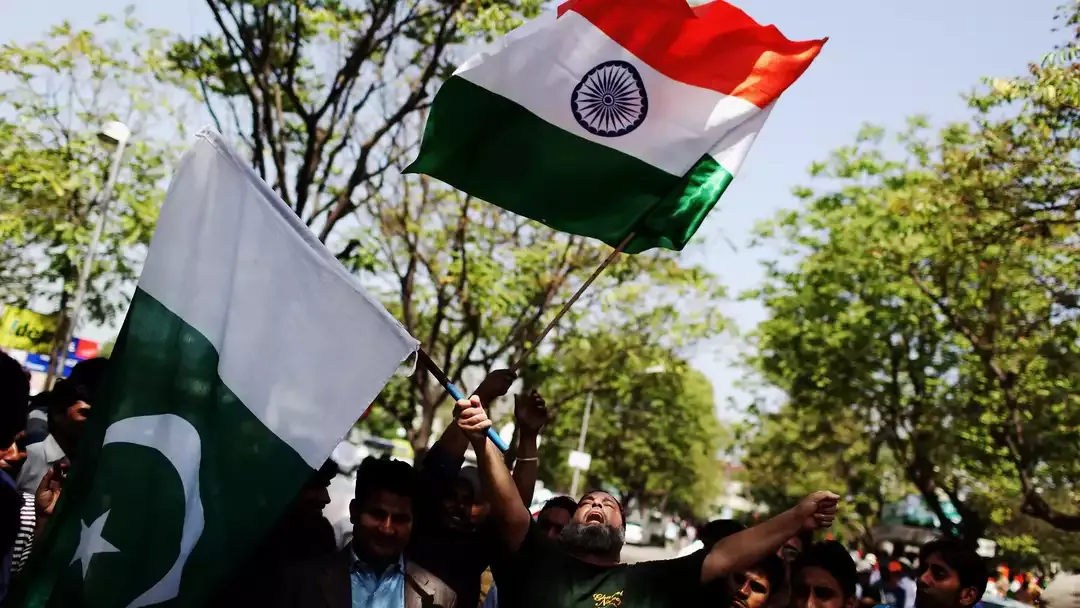The lead-up to the 2025 Asia Cup has been clouded by escalating tensions between the Board of Control for Cricket in India (BCCI) and the Pakistan Cricket Board (PCB). The latest standoff centers around the venue for the Asian Cricket Council’s (ACC) Annual General Meeting (AGM), a procedural event now bearing political weight. While the ACC aims to foster regional collaboration, the ongoing diplomatic impasse between India and Pakistan has complicated organizational logistics. This emerging deadlock may further strain bilateral cricketing ties, with implications for the Asia Cup’s planning and the broader stability of regional cricket governance.
---
Background: A Geopolitical Undercurrent in Cricket
The Asia Cup, governed by the ACC, is not merely a tournament—it is a delicate intersection of sport and diplomacy. Given the historical rivalry and strained diplomatic relations between India and Pakistan, every cricketing event involving the two nations carries additional layers of complexity.
The ACC's Annual General Meeting, intended as a neutral administrative gathering, has unexpectedly become the latest flashpoint. The dispute arises from disagreement over the location of the 2025 AGM, which is crucial for finalizing logistics, governance reforms, and tournament planning for the upcoming Asia Cup.
---
The Core of the Dispute
At the heart of the issue is the question of hosting rights and representation. Reports indicate that the BCCI has expressed reservations about holding the AGM in Pakistan, citing longstanding travel restrictions and political sensitivities. Conversely, the PCB, seeking greater recognition and influence within the ACC, is insisting on hosting the meeting as part of its broader agenda to reclaim administrative parity with other major cricketing boards.
Sources familiar with the matter suggest that both boards are firm in their stance, and neither has shown willingness to compromise. The impasse is being viewed not merely as a logistical hurdle but as a symbolic power struggle within Asian cricket’s governing architecture.
---
Implications for Asia Cup 2025
While the Asia Cup 2025 is still on the calendar, this disagreement could hinder its seamless execution. The tournament, which rotates hosting duties among member nations, depends on effective coordination at the AGM level to finalize venues, match schedules, broadcasting rights, and security protocols.
Should the stalemate persist, there is a risk of delayed decisions, logistical inefficiencies, and even the possibility of a last-minute venue shift. Such instability could deter sponsors, broadcasters, and international audiences, potentially impacting revenue projections and stakeholder confidence.
---
Past Precedents and Present Stakes
This isn’t the first time political friction has interfered with subcontinental cricket. In 2023, the Asia Cup itself was conducted under a hybrid model, with Pakistan hosting a partial schedule while India played its matches in Sri Lanka due to geopolitical tensions.
The precedent of a split-hosting format might resurface if current tensions escalate. However, such arrangements often come with increased costs, fragmented fan engagement, and complicated broadcast logistics. Moreover, cricketing purists argue that frequent compromises erode the spirit of regional camaraderie that the Asia Cup was designed to uphold.
---
What’s Next: Diplomacy or Deadlock?
Both the BCCI and PCB are key players in shaping the cricketing ecosystem of Asia. As such, a continued standoff could cast a shadow on future joint ventures, including junior tournaments, women's cricket initiatives, and ACC development programs.
Diplomatic mediation—either from neutral ACC members such as Sri Lanka or from within the International Cricket Council (ICC)—may become necessary to bring both parties to the table. A compromise, possibly involving a neutral AGM venue, could allow planning to move forward without either side appearing to cede ground.
---
Conclusion
As cricket increasingly becomes a vehicle for both soft power and commercial enterprise, administrative unity is vital. The ongoing BCCI-PCB standoff over the ACC AGM venue underscores how sport cannot exist in a vacuum, particularly in geopolitically charged regions. While the Asia Cup 2025 remains an anticipated fixture for fans, its success now hinges on diplomatic agility and institutional foresight.
Whether common ground can be found in boardrooms rather than stadiums may ultimately determine the future of cricket in Asia.

Comments